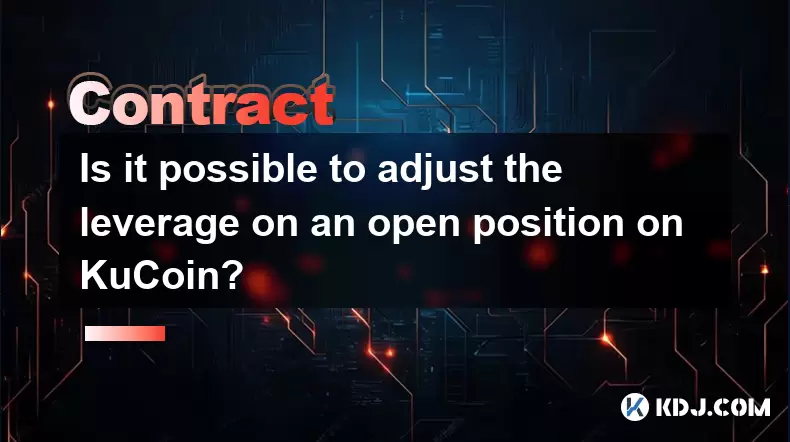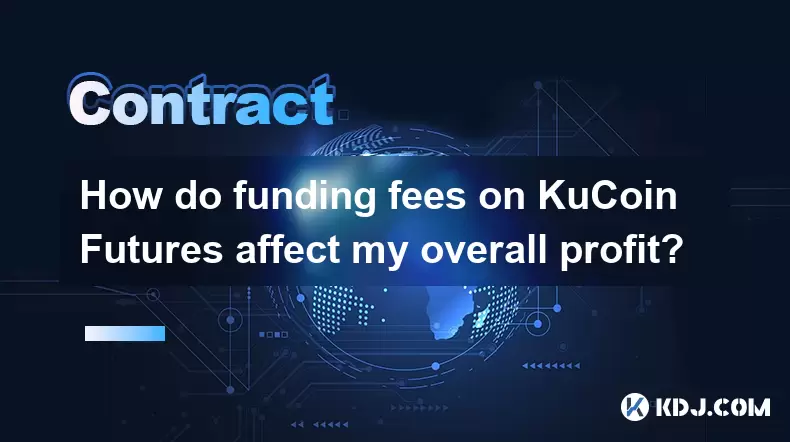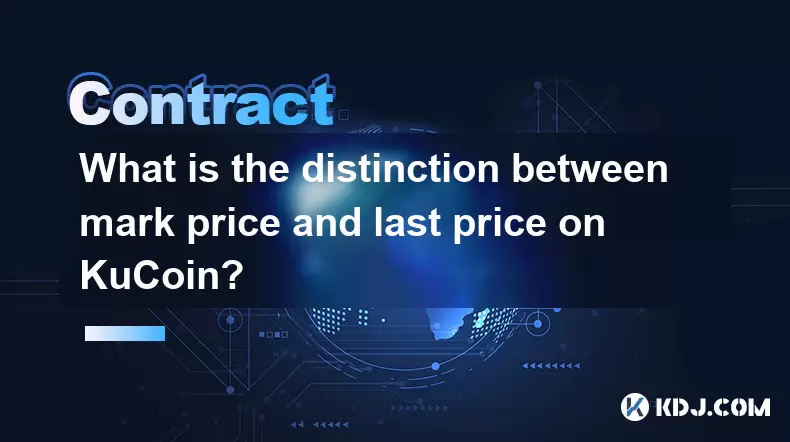-
 Bitcoin
Bitcoin $116400
-0.36% -
 Ethereum
Ethereum $4033
3.40% -
 XRP
XRP $3.302
-1.26% -
 Tether USDt
Tether USDt $1.000
-0.02% -
 BNB
BNB $796.1
1.67% -
 Solana
Solana $177.8
1.89% -
 USDC
USDC $0.9999
0.00% -
 Dogecoin
Dogecoin $0.2314
4.09% -
 TRON
TRON $0.3381
0.14% -
 Cardano
Cardano $0.7989
1.22% -
 Stellar
Stellar $0.4496
-1.84% -
 Chainlink
Chainlink $20.42
9.42% -
 Hyperliquid
Hyperliquid $41.17
0.88% -
 Sui
Sui $3.914
3.77% -
 Bitcoin Cash
Bitcoin Cash $584.7
1.52% -
 Hedera
Hedera $0.2632
-0.54% -
 Avalanche
Avalanche $24.09
3.40% -
 Ethena USDe
Ethena USDe $1.001
-0.02% -
 Litecoin
Litecoin $123.2
1.33% -
 Toncoin
Toncoin $3.318
-0.04% -
 UNUS SED LEO
UNUS SED LEO $8.984
-0.05% -
 Shiba Inu
Shiba Inu $0.00001323
2.85% -
 Uniswap
Uniswap $10.90
4.41% -
 Polkadot
Polkadot $3.999
3.34% -
 Dai
Dai $1.000
0.01% -
 Cronos
Cronos $0.1630
9.64% -
 Bitget Token
Bitget Token $4.484
0.82% -
 Monero
Monero $272.4
2.44% -
 Pepe
Pepe $0.00001173
6.03% -
 Aave
Aave $290.8
2.88%
What are the similarities and differences between DOGE contract and Bitcoin contract?
DOGE and Bitcoin contracts offer leveraged trading, amplifying profits and losses. However, DOGE's higher volatility, compared to Bitcoin's established market, presents greater risk, impacting leverage limits, liquidity, and regulatory considerations across exchanges.
Mar 12, 2025 at 12:06 pm

Key Points:
- Both DOGE and Bitcoin contracts offer leveraged trading, allowing traders to magnify potential profits (and losses).
- Key differences lie in volatility, market capitalization, and underlying asset characteristics. DOGE is significantly more volatile than Bitcoin.
- Trading fees and leverage limits can vary between exchanges offering these contracts.
- Regulatory landscape and the risks associated with each differ due to the inherent differences in the underlying assets.
What are the Similarities and Differences Between DOGE Contract and Bitcoin Contract?
The cryptocurrency market offers a wide array of trading opportunities, including contracts on popular digital assets like Dogecoin (DOGE) and Bitcoin (BTC). While both allow traders to speculate on price movements, crucial differences exist. Understanding these similarities and differences is essential for informed trading decisions.
Similarities:
Both DOGE and Bitcoin contracts share the core functionality of leveraged trading. This means traders can control a larger position than their initial capital allows, potentially amplifying profits. However, this also magnifies losses. Both contracts are typically traded on centralized exchanges, requiring users to open accounts and adhere to platform rules. The basic mechanics of opening, managing, and closing positions are largely similar across both contract types. Both contracts track the price of their respective underlying cryptocurrencies.
Differences:
The primary difference stems from the underlying assets themselves. Bitcoin, with its larger market capitalization and longer history, generally exhibits lower volatility compared to Dogecoin. DOGE, known for its meme-driven price swings, is considerably more volatile, presenting higher risk and potentially higher reward scenarios. This volatility impacts the risk management strategies employed by traders. Conservative strategies might favor Bitcoin contracts, while risk-tolerant traders might be drawn to DOGE.
Another crucial difference lies in the liquidity available for each contract. Bitcoin contracts generally enjoy higher liquidity due to Bitcoin's established market position. Higher liquidity means easier entry and exit from positions with minimal slippage. DOGE contracts, while increasingly popular, might experience lower liquidity, potentially resulting in wider spreads and difficulties executing trades quickly.
The leverage offered by exchanges for DOGE and Bitcoin contracts may also differ. Some platforms might offer higher leverage for Bitcoin contracts due to its perceived lower risk profile, while others might impose stricter limits on DOGE contracts to mitigate the inherent volatility. These leverage differences directly impact potential gains and losses.
Trading fees associated with DOGE and Bitcoin contracts can also vary across exchanges. Factors such as trading volume, contract size, and the exchange's fee structure contribute to these differences. It's crucial to compare fees across different platforms before engaging in contract trading. Furthermore, the regulatory landscape surrounding both contracts can vary depending on the jurisdiction. Regulations are constantly evolving in the cryptocurrency space, making it vital to stay informed about the legal implications of trading these contracts.
The technical analysis applied to both contracts shares similarities, using charts and indicators to identify potential entry and exit points. However, the interpretation of these analyses might differ due to the contrasting volatility levels. For example, a breakout strategy that works well for Bitcoin might fail miserably with DOGE due to its rapid, unpredictable price movements.
Understanding the Risks:
Both DOGE and Bitcoin contracts carry significant risks. The leveraged nature of these contracts can lead to substantial losses if the market moves against the trader's position. Liquidation, where the exchange closes a trader's position to cover losses, is a very real possibility. Moreover, the inherent volatility of cryptocurrencies, especially DOGE, amplifies these risks. Careful risk management strategies, including setting stop-loss orders and diversifying investments, are crucial. Before engaging in contract trading, it is essential to thoroughly understand the risks involved and only invest what one can afford to lose.
Frequently Asked Questions:
Q: Which contract is more suitable for beginners, DOGE or Bitcoin?
A: Bitcoin contracts are generally considered more suitable for beginners due to Bitcoin's lower volatility and higher liquidity. The relatively stable price action makes it easier to learn the basics of contract trading with less risk of significant losses. However, it's crucial to remember that even Bitcoin contracts involve risks.
Q: How do I choose an exchange for trading DOGE and Bitcoin contracts?
A: Choose a reputable exchange with a strong track record, high liquidity, and robust security measures. Compare fees, leverage limits, and available trading tools before making a decision. Look for exchanges that are regulated or operate in jurisdictions with clear cryptocurrency regulations.
Q: What are the potential benefits of trading DOGE contracts despite their higher risk?
A: The high volatility of DOGE presents the potential for substantial profits in short periods. However, this is countered by equally high risks of substantial losses. Only traders comfortable with significant risk should consider DOGE contracts.
Q: Are there any educational resources available for learning about cryptocurrency contracts?
A: Many online resources offer educational materials on cryptocurrency contract trading. However, it's crucial to verify the credibility of the source. Reputable exchanges often provide educational resources, but independent research is essential.
Q: What is liquidation in the context of DOGE and Bitcoin contracts?
A: Liquidation occurs when the exchange closes a trader's position due to excessive losses. This happens when the market moves significantly against the trader's position, and the trader's margin (initial capital) is insufficient to cover the losses. This can result in significant financial losses.
Disclaimer:info@kdj.com
The information provided is not trading advice. kdj.com does not assume any responsibility for any investments made based on the information provided in this article. Cryptocurrencies are highly volatile and it is highly recommended that you invest with caution after thorough research!
If you believe that the content used on this website infringes your copyright, please contact us immediately (info@kdj.com) and we will delete it promptly.
- Shiba Inu (SHIB) in the Crypto Landscape: Community, Trends, and Future Outlook
- 2025-08-09 20:30:12
- Lasers in Modern Warfare: Iron Beam and the Future of Defense
- 2025-08-09 20:30:12
- Maxi Doge Presale: The Meme Coin That's Pumping Iron and Prices!
- 2025-08-09 19:10:11
- Rare Coin Warning: Don't Get Fooled by That 1p Coin!
- 2025-08-09 18:50:12
- Cardano, Unilabs, and Tron Price: Decoding the Latest Crypto Buzz
- 2025-08-09 18:30:12
- Aerodrome Finance: Price Targets and the Bullish Channel - What's Next?
- 2025-08-09 18:50:12
Related knowledge

Is it possible to adjust the leverage on an open position on KuCoin?
Aug 09,2025 at 08:21pm
Understanding Leverage in KuCoin Futures TradingLeverage in KuCoin Futures allows traders to amplify their exposure to price movements by borrowing fu...

What is the difference between realized and unrealized PNL on KuCoin?
Aug 09,2025 at 01:49am
Understanding Realized and Unrealized PNL on KuCoinWhen trading on KuCoin, especially in futures and perpetual contracts, understanding the distinctio...

How does KuCoin Futures compare against Binance Futures in terms of features?
Aug 09,2025 at 03:22am
Trading Interface and User ExperienceThe trading interface is a critical component when comparing KuCoin Futures and Binance Futures, as it directly i...

How do funding fees on KuCoin Futures affect my overall profit?
Aug 09,2025 at 08:22am
Understanding Funding Fees on KuCoin FuturesFunding fees on KuCoin Futures are periodic payments exchanged between long and short position holders to ...

What is the distinction between mark price and last price on KuCoin?
Aug 08,2025 at 01:58pm
Understanding the Basics of Price in Cryptocurrency TradingIn cryptocurrency exchanges like KuCoin, two key price indicators frequently appear on trad...

What are the specific maker and taker fees on KuCoin Futures?
Aug 08,2025 at 08:28am
Understanding Maker and Taker Fees on KuCoin FuturesWhen trading on KuCoin Futures, users encounter two primary types of fees: maker fees and taker fe...

Is it possible to adjust the leverage on an open position on KuCoin?
Aug 09,2025 at 08:21pm
Understanding Leverage in KuCoin Futures TradingLeverage in KuCoin Futures allows traders to amplify their exposure to price movements by borrowing fu...

What is the difference between realized and unrealized PNL on KuCoin?
Aug 09,2025 at 01:49am
Understanding Realized and Unrealized PNL on KuCoinWhen trading on KuCoin, especially in futures and perpetual contracts, understanding the distinctio...

How does KuCoin Futures compare against Binance Futures in terms of features?
Aug 09,2025 at 03:22am
Trading Interface and User ExperienceThe trading interface is a critical component when comparing KuCoin Futures and Binance Futures, as it directly i...

How do funding fees on KuCoin Futures affect my overall profit?
Aug 09,2025 at 08:22am
Understanding Funding Fees on KuCoin FuturesFunding fees on KuCoin Futures are periodic payments exchanged between long and short position holders to ...

What is the distinction between mark price and last price on KuCoin?
Aug 08,2025 at 01:58pm
Understanding the Basics of Price in Cryptocurrency TradingIn cryptocurrency exchanges like KuCoin, two key price indicators frequently appear on trad...

What are the specific maker and taker fees on KuCoin Futures?
Aug 08,2025 at 08:28am
Understanding Maker and Taker Fees on KuCoin FuturesWhen trading on KuCoin Futures, users encounter two primary types of fees: maker fees and taker fe...
See all articles

























































































